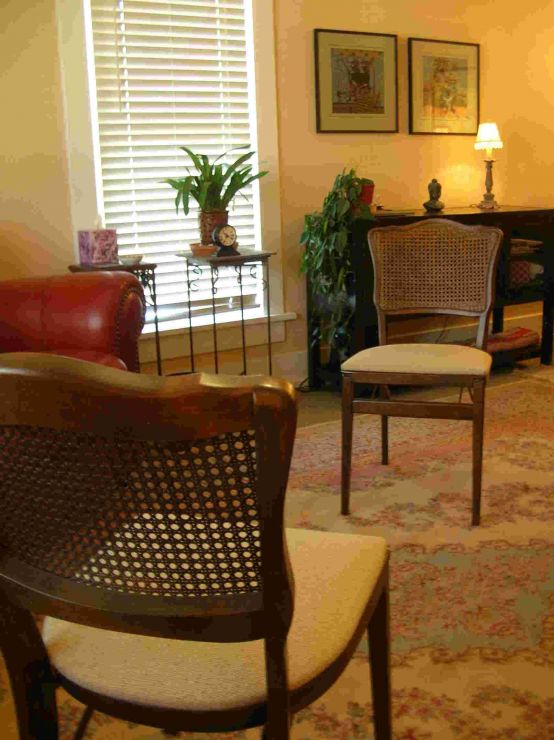Our work is experiential. That means we tend to "do" rather than "talk about." We can talk about theory, but it's probably far more useful to simply start working together to address the issues and move toward the goals that you have identified. We don't assume that we have "the answer" for you. Our work together is likely to be creative - we'll work together to understand your unique situation and to support you as you create the future that you want.
Our work is grounded in the here and now, but also may involve looking at the past, especially when it seems that the past is significantly impacting the present.
We recognize that paying attention to the body and bodily experience can be very productive.
In our work with you, we concurrently pay attention to bodily experience, emotion and feelings, language, and questions of meaning making. That means we pay very close attention to the words you use, and the specific meaning you make of events and situations.
Our work tends to be experimental and playful. We encourage you to try experimenting with new behaviors and ways of being in the here and now.
We believe that, regardless of their situation, people always have a degree of freedom and choice in creating the life they want. We can lose sight of that freedom (freedom itself can, in fact, be quite scary) and come to feel "stuck" with choices we don't like and don't want to repeat.
The goal of our work together is likely to be some sort of change, and we believe that deep lasting change must occur at the "gut" level. We work with you to recognize barriers to change, and to understand and accept responsibility for past choices. We explore together the possibility of freedom to make new, different choices. Finally, we support you as you actually experiment with new choices in the here and now, and deep shifts and changes in behavior occur.
The text above reflects the fact that our work with clients is based on "Applied Existential Psychotherapy" (AEP), an integrated approach developed by Dr. Betty Cannon over the past 23 years.
